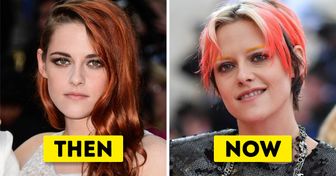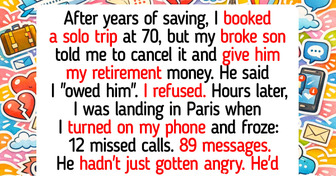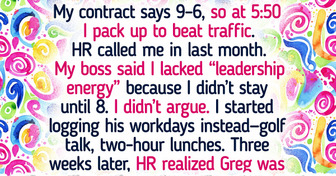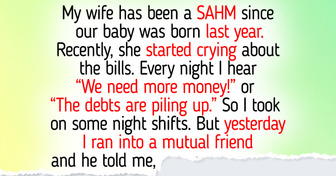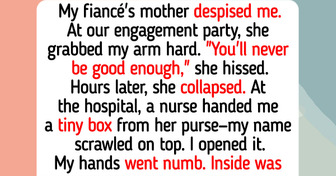This Guy Recreates Famous People’s Photos on a Low Budget, and They’re 1,000 Times Funnier Than the Originals
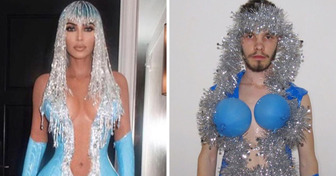
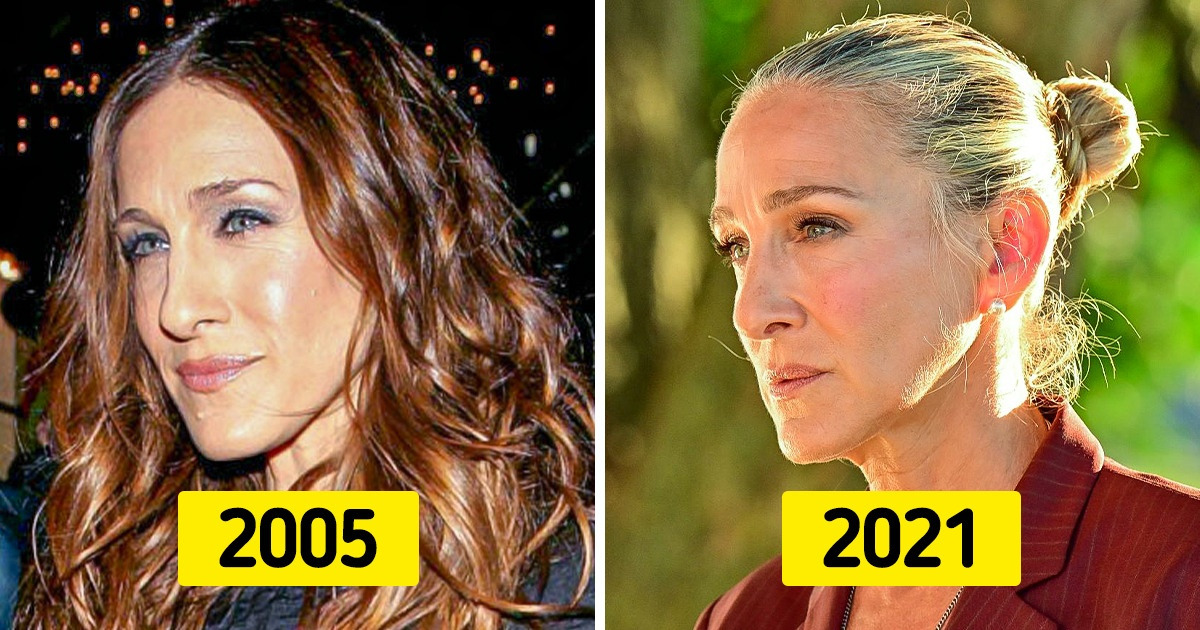
According to a study, older women experience injustice in terms of aging because of the external pressures from society. There’s an opinion that women are aged by culture’s concepts of aging rather than aging itself. Unfortunately, even gorgeous celebrities like Sarah Jessica Parker face criticism because of simply existing in their own bodies. But she managed to remain a good role model in this situation and make us question the way we talk about getting older.
We at Bright Side want to contribute to the discussion of aging, which is why we’d like to share the positive example of self-acceptance shown by Sarah Jessica Parker.
Playing the role of trend-setter Carrie Bradshaw cemented her status as a fashionista in her fans’ eyes, and that’s fair: the actress herself has no less passion for trends than the character she portrayed. For example, she’s not afraid of mixing lots of patterns or wearing statement necklaces. “I think the important thing [in fashion] is to feel good about yourself, to be authentic,” the star states.
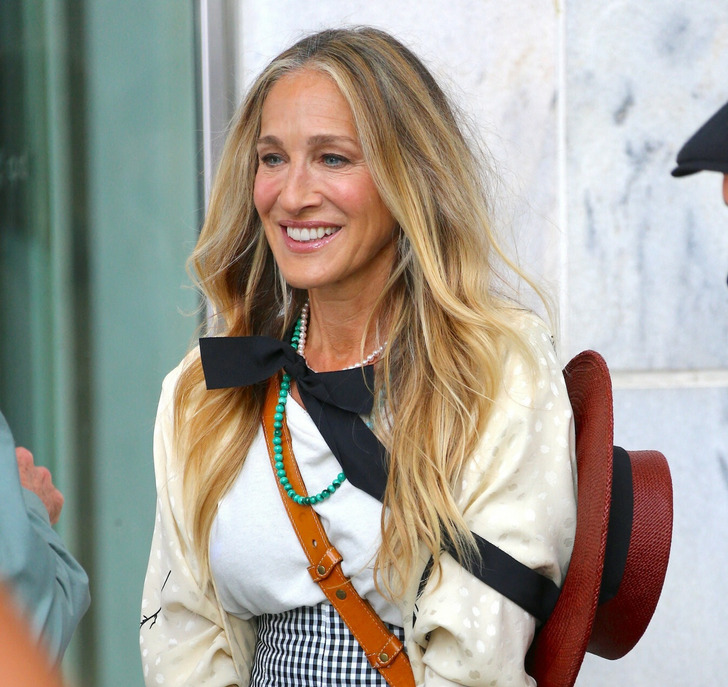
Parker’s color, which incorporates natural gray hair with highlights, wasn’t a PR move: it attracted a ton of attention without any effort from SJP or her team. The decision to show natural gray hair wasn’t conscious: “I can’t spend time getting base color every 2 weeks. Can’t do it. Nope. Too much,” she noted in an interview.
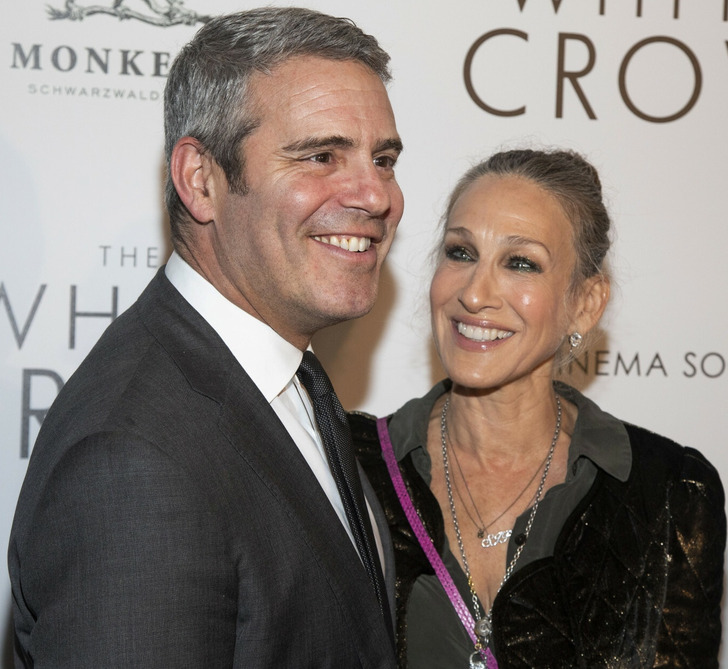
She pointed out the absurdity of it all becoming a huge discussion: “I just don’t understand why I’m supposed to be spending that much time thinking about it.” Her colleague and friend Andy Cohen, who was also in the viral pics and has even more gray hair but didn’t get any comments, talked about the double standard, defending SJP. “There is so much misogynist chatter in response to us that would never happen about a man,” notes Parker.
She prefers to spend time not thinking about her wrinkles or looks in general: “The weirdest thing that we don’t say [aging] adds up to being better at your job, better as a friend, better as a daughter, better as a partner, better as a caregiver, better as a sister.” “There are a million things I want to do with my free time, and none of them have to do with preserving [what I look like] now,” says Parker.
The actress says, “We also need to reframe beauty.” She is convinced that it has nothing to do with age: “I meet women all the time and I’m like, ’You are beautiful.’ But I guarantee it has nothing to do with whether they’re 18 or 78.”
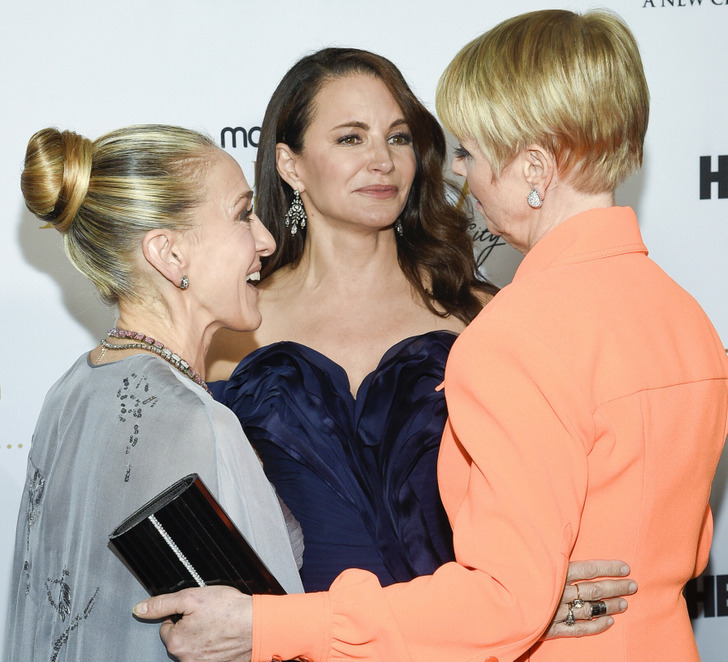
There were lots of unpleasant comments following the news about And Just Like That being about women in their 50s. “It almost feels as if people don’t want us to be perfectly okay with where we are, as if they almost enjoy us being pained by who we are today, whether we choose to age naturally and not look perfect, or whether you do something, if that makes you feel better,” she said in the interview.
The model posted words of support for SJP on Instagram: “Someone who is my age who looks like me. I see my lines and droops and silver roots mirrored, and I love it.”
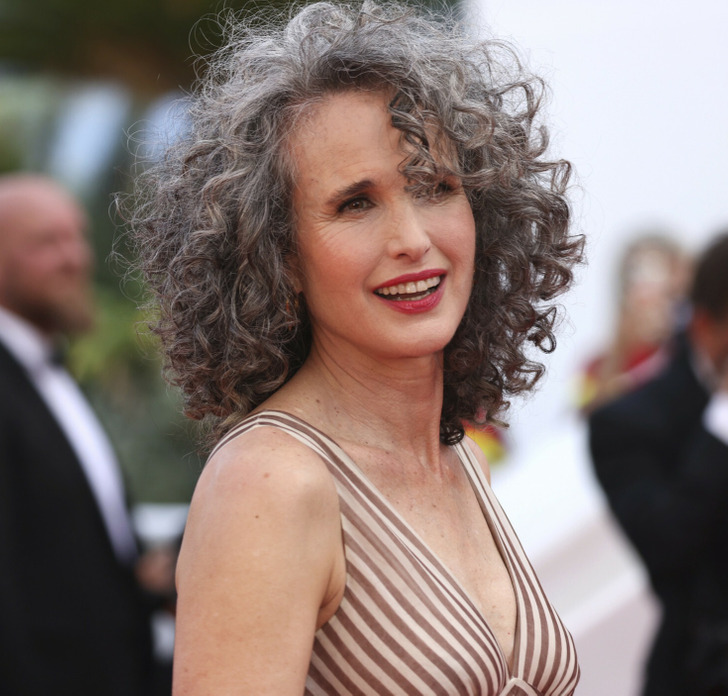
She had people talking about her salt-and-pepper strands last year. The star admitted being afraid at first, because she’d wanted to please others, however, once the decision was made — to listen to her own instincts — MacDowell instantly felt better: “I’ve never felt more powerful. I feel more honest. I feel like I’m not pretending. I feel like I’m embracing right where I am.”
What do you think about this situation? In which direction should the discussion on ageism go?



